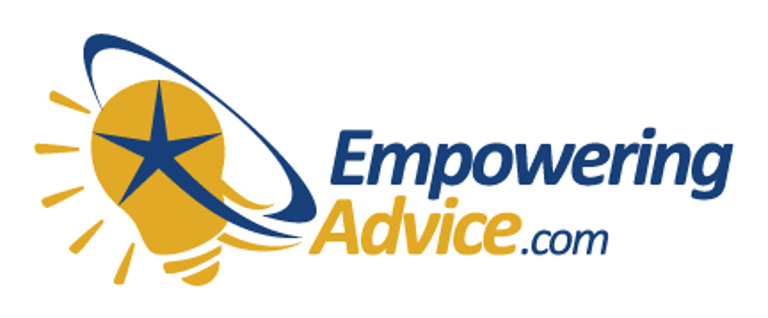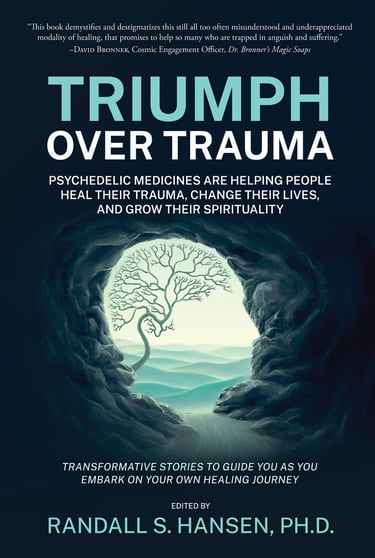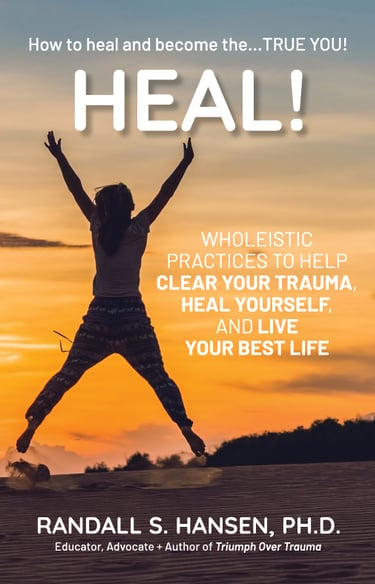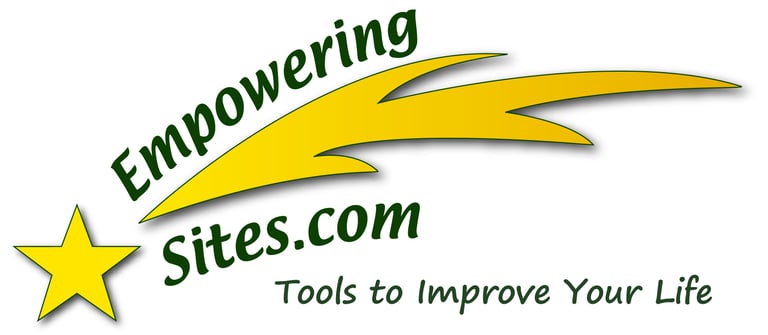Understanding the History, Power, and Limitations of Psychedelics
The fifth in a series of articles designed for those who are psychedelically curious and interested in understanding what psychedelics involve and what these substances can do for people. From the author of Triumph Over Trauma.
There's no question about the return/renaissance of psychedelics in the U.S. and around the world.
Research, interest, and mainstream media articles are on the rise. In the last few years, a steady stream of research indicates that ayahuasca, LSD, psilocybin, ibogaine, peyote, and MDMA have therapeutic potential in treating a multitude of mental conditions and traumas such as anxiety, depression, post-traumatic stress, obsessive-compulsive behaviors, and addiction.
Research with psychedelics is ramping up -- after more than 50 years of limited work because of the completely political move to make the placement of all psychedelics as Schedule 1 drugs (meaning they pose a very high risk for addiction with little evidence of medical benefits) in 1970 by President Richard Nixon's Controlled Substances Act (CSA).
Nixon later declared a "War on Drugs" in June, 1971, stating that drug abuse was "public enemy number one." Nixon also furthered that war in 1973 by creating the Drug Enforcement Administration (DEA), which was tasked with stopping illegal drug use and smuggling.
Furthermore, a decade later, President Ronald Reagan expanded many of President Nixon's War on Drugs policies, launching the "Just Say No" campaign, which was intended to highlight the dangers of drug use.
Happily, starting in the late 1990s and continuing to this day, states started initiatives on their own, first with legalizing medical cannabis and then with recreational cannabis... and today, with decriminalization movements that allow people to possess small amounts of drugs for personal use -- with fines replacing jail time.
Starting about 2020, mainstream media became more interested in the healing potential of psychedelics and psychedelic plant medicines and psychedelic-assisted therapy. Articles appeared in Rolling Stone, Forbes, The Guardian, The Telegraph, The Financial Times, The Wall Street Journal, New York Times, Huffington Post, Vice, Toronto Star, NBC News, CBS News, CNBC, BBC.
In 2018, best-selling author Michael Pollan published a mainstream book about psychedelics: How to Change Your Mind: What the New Science of Psychedelics Teaches Us About Consciousness, Dying, Addiction, Depression and Transcendence.
Numerous media also cover psychedelics, plant medicines, cannabis, including: Chacruna Chronicles, Leafly, Lucid News, Merry Jane, Microdose, Psychedelics Today, Psychedelic Press, Psychedelic Spotlight, Psychedelic Times, Third Wave, Truffle Report, and VICE.
And even within the medical community, there is growing momentum to study psychedelics. More than 20 conferences were held in the U.S. covering the latest developments in psychedelic science and medicine.
The Power of Psychedelics
Psychedelics and psychedelic plant medicines are showing amazing promise in helping people overcome numerous mental ailments -- much faster than talk therapy -- but these medicines are not magical cures in any sense of the word. Psychedelics can provide remarkable insights and a paradigm shift in one's world view, but people still need to do the work to obtain the healing they seek.
Psychedelic experiences can open one's brain to a plethora of ideas and new ways of thinking. Some people call this experience digital downloads... and while these insights can be healing and transformative, they can also be overwhelming.
Psychedelics can cause many physical and mental reactions, can heighten the emotions, and open your mind to many new ideas.
Limitations of Psychedelics
One of the biggest misunderstandings of psychedelics is that they are a cure-all... that they are miracle medicines. Psychedelics have proven power to change the brain and help people with numerous mental conditions, but their power comes from being a tool for people to heal themselves.
Psychedelics open certain portals and increase awareness and knowledge of hidden and suppressed events/traumas -- but participants HAVE to do the work in integrating the psychedelic experiences into real change in their lives.
Integration from psychedelic experiences can take weeks, months, years -- depending on how much effort you put into it and how powerful the experiences. (In reality, integration is a lifelong pursuit.)
Integration involves reflecting, journaling, sharing, and action. Some parts of integration may be foreign to you -- maybe even something you never expected -- but the key is to remember it is a process and to keep working at it.
You may also require more than one psychedelic experience to truly transform yourself.
Final Thoughts: Positive Experiences from Psychedelic Medicines
Psychedelics are not for everyone, but almost everyone could benefit from a psychedelic experience. Furthermore, there are two ways to experience psychedelic medicines -- with a full-dose journey and through the use of microdosing.
The key is doing your research and finding the answers and modalities you need to heal... the key is finding healing -- and psychedelics clearly help people find healing.
Ready to Buy the Book?
While you may not find a copy at your local bookstore, you can definitely find yours online:
Additional Psychedelic Resources
It's Time for the U.S. to Decriminalize Drug Use and Possession
These Psychedelic Drugs Show Promise for Treating Mental Health Disorders
Dr. Randall's Psychedelic Articles
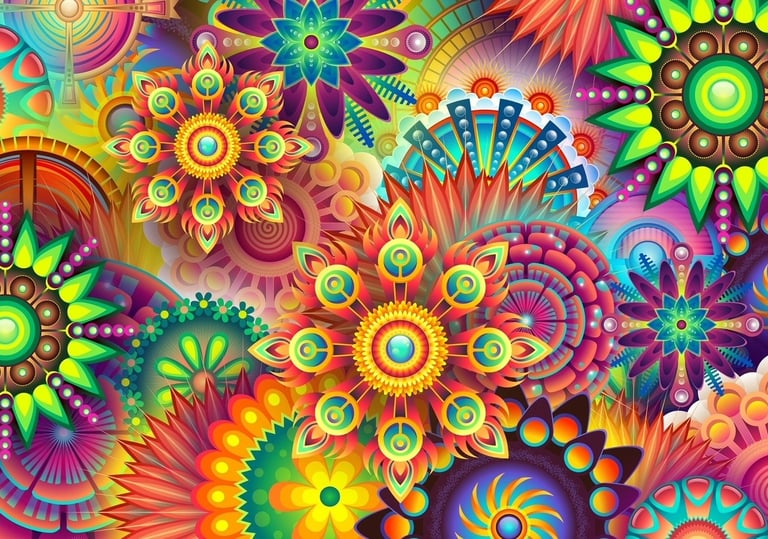

Dr. Randall Hansen is an advocate, educator, mentor, ethicist, and thought-leader... helping the world heal from past trauma. He is founder and CEO of EmpoweringSites.com, a network of empowering and transformative Websites, including EmpoweringAdvice.com.
He is the author of the groundbreaking Triumph Over Trauma: Psychedelic Medicines are Helping People Heal Their Trauma, Change Their Lives, and Grow Their Spirituality and the well-received HEAL! Wholeistic Practices to Help Clear Your Trauma, Heal Yourself, and Live Your Best Life.
Dr. Hansen's focus and advocacy center around true healing ... healing that results in being able to live an authentic life filled with peace, joy, love. Learn more by visiting his personal Website, RandallSHansen.com. You can also check out Dr. Randall Hansen on LinkedIn.
